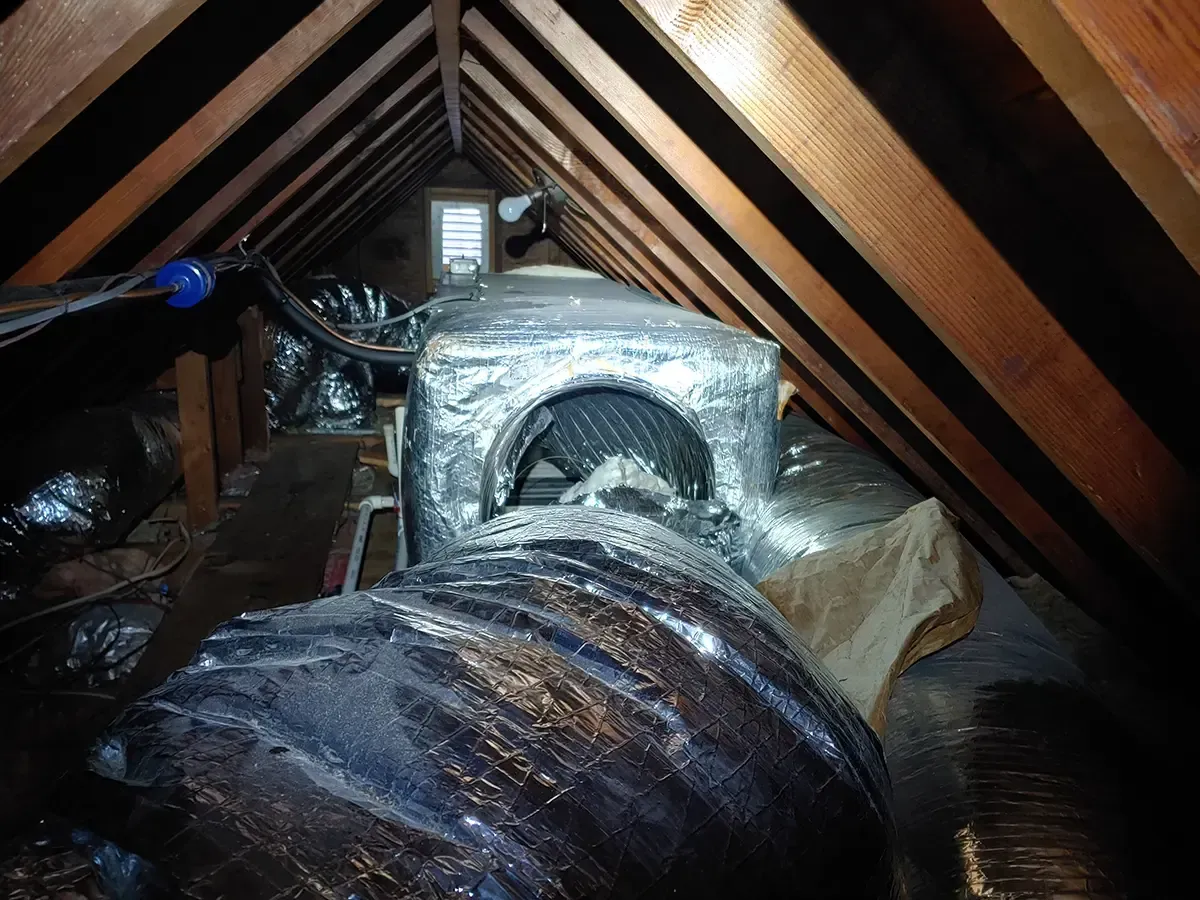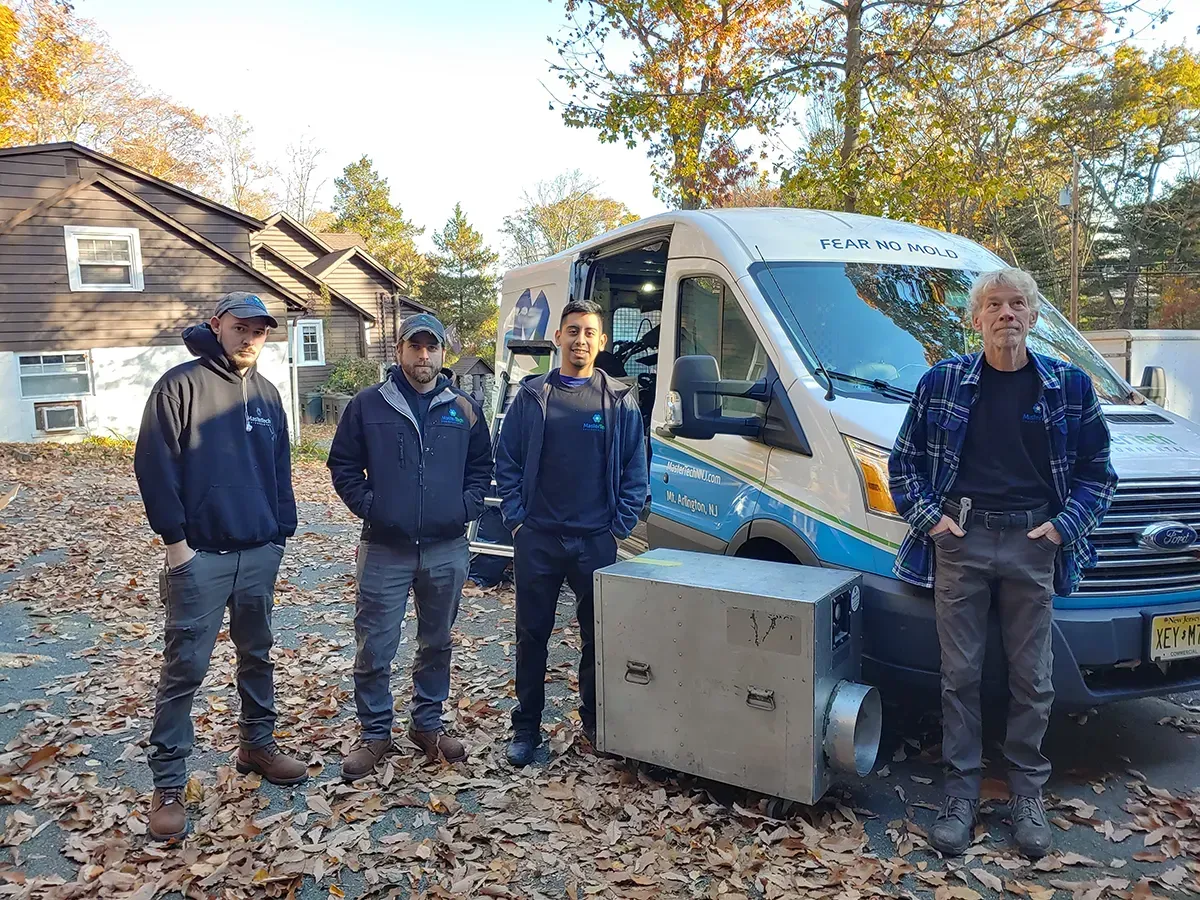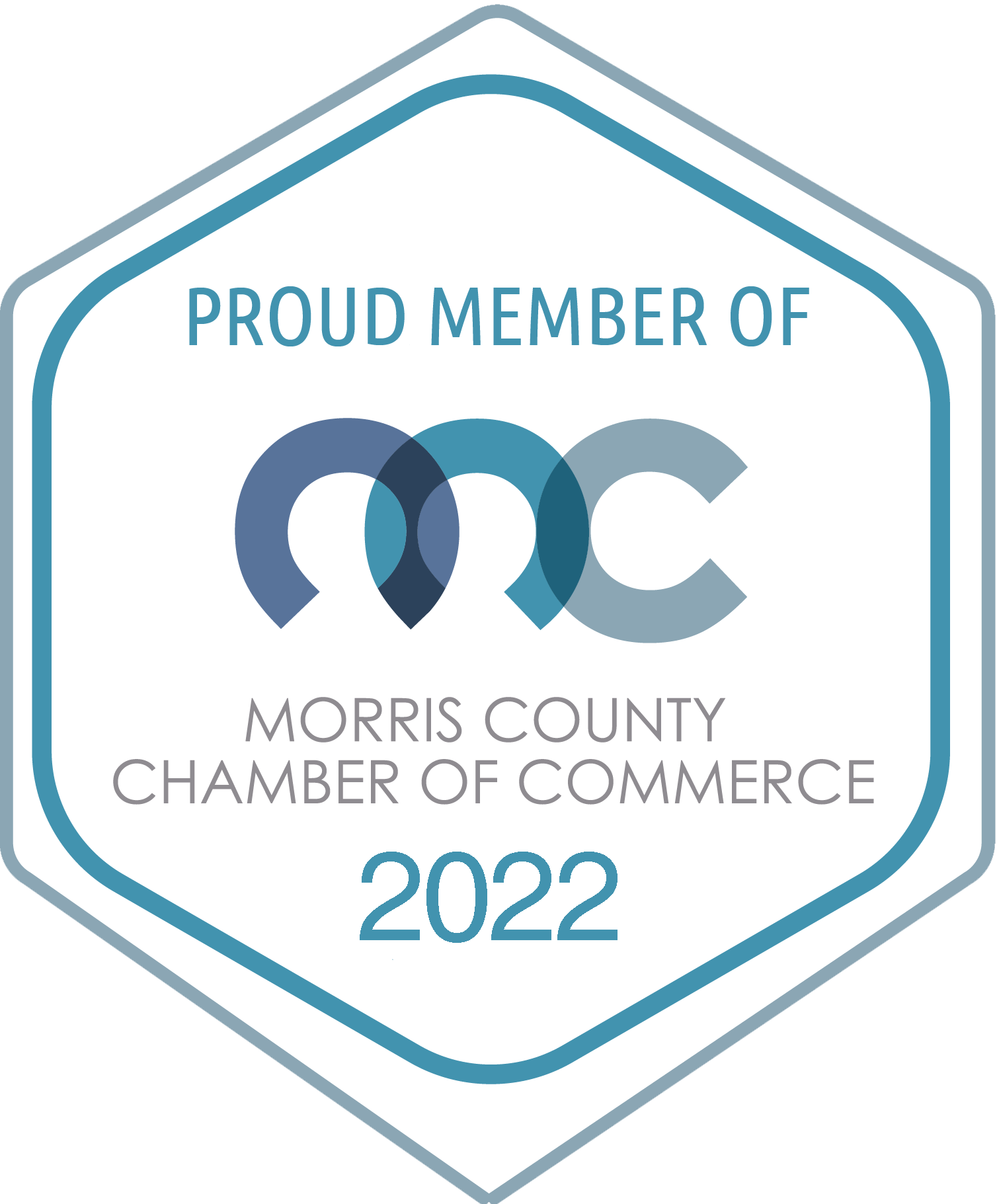What Homeowners in Montville, NJ Need to Know About Mold and Breathing

The Important of Mold Remediation in Montville, NJ
Mold in a Montville, NJ home isn't just an unsightly nuisance; it can be a severe health hazard. Mold-related illnesses are complex and multifaceted, with various names and symptoms. Understanding the risks and recognizing the signs can protect you and your loved ones from the potential health issues associated with mold exposure.
The Risks of Mold Exposure
Research shows that mold exposure can trigger various health problems, ranging from mild irritations to severe respiratory issues, and even contribute to developing chronic illnesses. Known collectively under terms such as "Sick Building Syndrome," "Mycotoxicosis," and "Dampness and Mold Hypersensitivity Syndrome (DMHS)," these conditions highlight the significant impact mold can have on health.
Mold exposure can cause symptoms like eye, skin, and ear irritation, respiratory difficulties, increased susceptibility to infections, asthma, and allergic reactions. Initially, these symptoms might appear mild and reversible. However, extended exposure often leads to more severe health issues, including fatigue that doesn't improve with rest, autoimmune diseases, and even cancer in extreme cases.
Recognizing the Signs of Mold Exposure
Homeowners must recognize the early signs of mold exposure. Symptoms often start as minor irritations that could be easily dismissed. However, if you notice that these symptoms improve when you spend time away from your home, such as during a weekend, it strongly indicates that your home environment could be the cause.
Acting Against Mold
1. Identify and Remove Mold: Dealing with mold starts by identifying and removing it. This might require professional help, especially if the mold is extensive or hidden behind walls and ceilings. Not addressing the mold side of the problem ensures any health treatments will fail. Mold remediation in Montville, NJ is as almost important as working with the right medical, health care professionals.
2. Address Water Damage: Since mold thrives in damp environments, repairing any water damage and ensuring your home is appropriately ventilated are essential to prevent mold growth.
3. Monitor Health Symptoms: If you or your family members experience health issues related to mold exposure, it's essential to consult a healthcare provider for proper diagnosis and treatment.
4. Preventative Measures: Regular cleaning, reducing humidity levels, and ensuring adequate ventilation can significantly reduce the risk of mold growth in your home.
Understanding the steps to combat mold sets the stage for a deeper look into how mold affects our health, particularly our breathing. Mold exposure in damp environments can lead to various respiratory issues and other health concerns. Let's delve into the specifics of these effects, highlighting the importance of maintaining a mold-free living space for our well-being.
How Mold Can Affect Your Breathing and Health
When discussing how mold in damp places can make you sick, it's essential to know that it can affect your breathing and overall health. Here's what happens:
Breathing Problems from Mold
· Stuffy and Runny Nose All the Time: If you find yourself sneezing a lot and have a runny or blocked nose that just won't quit (lasting more than 12 weeks), it could be because of mold. This is what doctors call chronic rhinitis.
· Reacting Strongly to Changes: Some people find that their noses go into overdrive with sneezing and congestion when exposed to dust, strong smells, or temperature changes. This is known as vasomotor rhinitis.
· Allergies Getting Worse: Mold spores can trigger allergic reactions if you're sensitive to them. This can lead to allergic rhinitis, which means you react badly not just to mold indoors but possibly to molds found outside as well. It can feel like you simultaneously have a terrible cold and eye irritation.
Mold exposure can also lead to nose growths (nasal polyps) and constant irritation that feels like a drip in the back of your throat, even if you're no longer around mold.
Getting Sick More Often Than Usual
If you or your kids are catching more colds or sinus infections than usual, significantly more than three times a year, it might be because of mold at home or where you spend much time, like at work or school. This is a big sign that mold could be affecting your health.
How Mold Impacts Your Lungs
· Asthma: Mold can worsen existing asthma or even trigger new asthma problems. Symptoms of CIRS or mold illness include coughing, wheezing, shortness of breath, as well as chest tightness. Asthma happens because the airways in your lungs get inflamed and narrow.
· Severe Breathing Issues: Sometimes, breathing in mold can lead to serious conditions. Your lungs might get inflamed because of an allergic reaction to the mold spores. You might feel like you have a bad flu, with fever, coughing, and difficulty breathing.
Mold doesn't just stop causing breathing problems; it can also lead to more frequent infections in your airways, such as ear infections in kids and sinus infections in adults. And for those with asthma, being around mold can make it much harder to manage. For more information on mold remediation in Montville, NJ and the surrounding area, you should not hesitate to reach out to our talented team. We are highly trained and know exactly how to find, remove, and remediate any mold situation.





